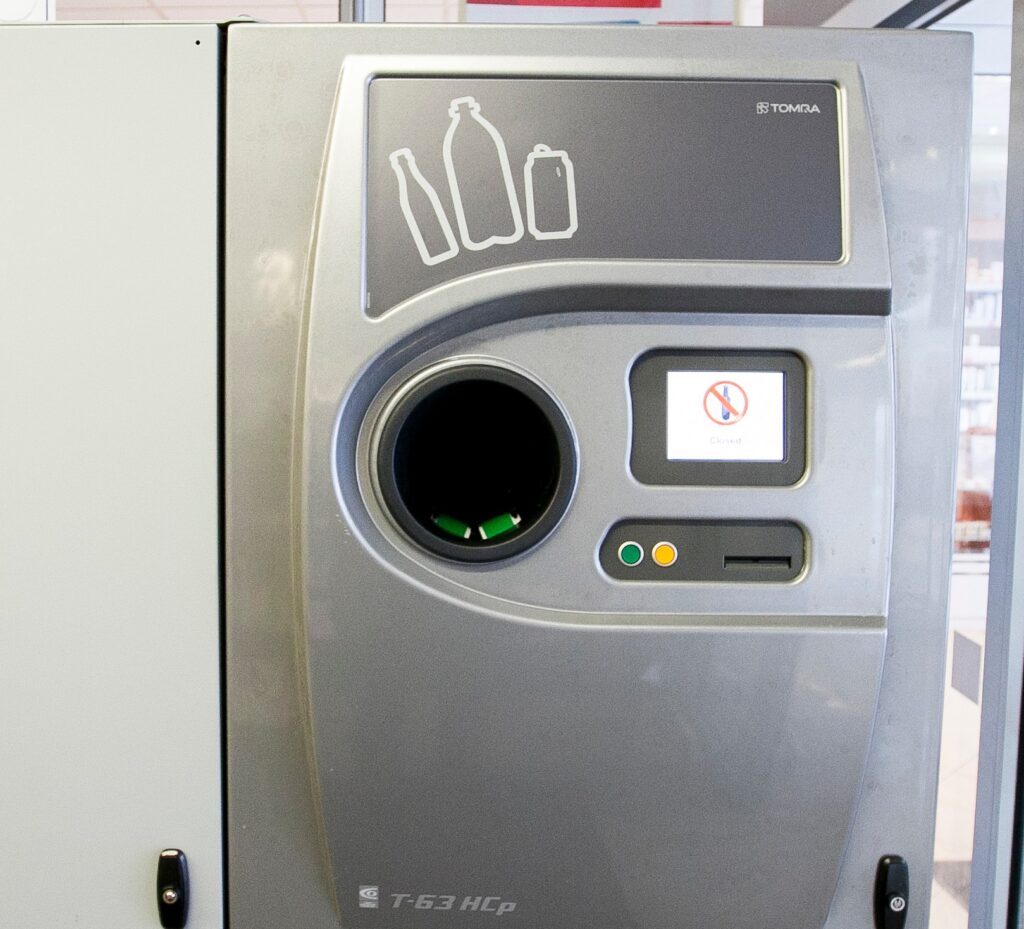The association has urged the government to review the scheme, currently pencilled in for October 2025, saying that it has carried out research which shows the high costs of the scheme.
In a statement accompanying the research yesterday (21 August), the retail group which represents some of the largest UK companies such as Tesco and Sainsbury’s, said: “In Scotland, the rushed implementation of a similar DRS scheme collapsed after governments failed to deliver a meaningful plan or realistic timelines for its introduction. This has left industry footing the bill for tens of millions in sunk costs. Without significant revision, the UK scheme risks running into many of the same problems as in Scotland.”
Costs
The British Retail Consortium has warned that start up costs such as buying machines will hit businesses earlier and that the £1.8 billion annual figure does not include the hundred of millions required from the industry to set up a regulatory body for the scheme.
According to the group, the £1.8 billion covers various expenses, such as capital costs involving the purchase and setup of return vending machines, labour expenses which encompass staff training and the time taken for handling returns, and additional operational costs covering services, maintenance for RVMs, IT expenditures, and the cleaning of containers utilised for collection.

(Picture: BRC)
‘Costly’
Andrew Opie, director of food & sustainability at the British Retail Consortium, said: “The proposed Deposit Return Scheme is costly, complicated and cannot deliver the step change in recycling needed to justify it.
“By driving up costs by almost £2 billion per year the government risks pushing up prices for ordinary households, just as inflation is coming down. Government must first introduce its household collection and packaging levy reforms so that it can assess the best way forward on a DRS. On its current course, it will be consumers who will pay the price of this unnecessarily hasty, expensive and complex scheme.”
Time
The consortium warned that “time is needed to rethink current plans to prevent the introduction of an unnecessarily complex and costly scheme”.
According to the consortium the initial focus of the UK government should be on introducing changes to household recycling collection and EPR simultaneously as this will help determine the precise role of DRS in enhancing recycling rates.
Its members’ margins “remain slim” and have significantly tightened in the last year, so the BRC argues that while retailers may be able to absorb some of the costs of implementing these new policies, “it is inevitable that introducing EPR and DRS together would place upward pressure on consumer prices”.
Revision
The BRC is an inflectional trade association which has been outspoken on waste policy in recent months. It regularly called for extended producer responsibility to be pushed back, which Defra agreed to last month, and it’s calls for a DRS delay will be taken seriously too.
Its membership comprises over 200 major retailers which operate in the UK.












Subscribe for free